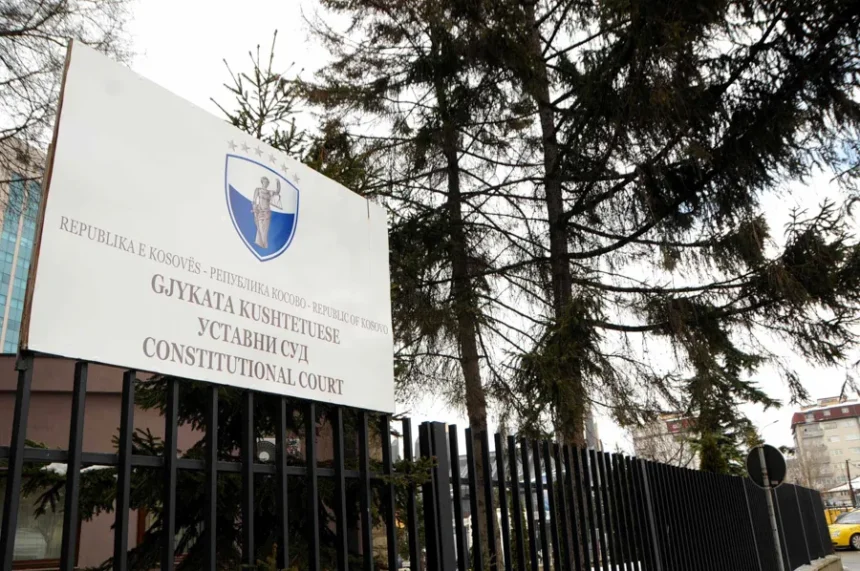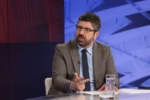The Constitutional Court of the Republic of Kosovo today published its judgment in case KO124/25, mandating that the Assembly of Kosovo must be fully constituted within 30 days. The Court determined that the Assembly is not yet properly constituted due to the ongoing failure to elect its Speaker and Deputy Speakers.
“The Court has definitively established that the elected deputies of the Assembly of the Republic of Kosovo, in implementation of paragraph 1 of Article 66, in conjunction with paragraphs 1, 2, 3, and 4 of Article 67, as well as Articles 70 and 74 of the Constitution, in accordance with Chapter IV of the Assembly’s Rules of Procedure and current parliamentary practices for the constitution of the Assembly, as well as in conformity with the findings in this Judgment, are obliged to, no later than thirty (30) days from the entry into force of this Judgment, fulfill the constitutional obligation for the constitution of the Assembly of the Republic of Kosovo through the election of its Speaker and Deputy Speakers,” states the judgment released by the Constitutional Court.
The case was initiated by MP Time Kadrijaj and 10 other deputies, who sought an assessment of the constitutionality of the Assembly’s decision to reject the formation of the Commission for Secret Voting, as well as all similar decisions in sessions held during April and May.
Court’s Unanimous Decision and Rationale
With a unanimous decision, the Constitutional Court declared the request admissible and found that:
- The constitutive session of the Assembly, which began on April 15, 2025, has not concluded.
- The election of the Speaker and Deputy Speakers is a fundamental condition for the Assembly’s functionalization.
- The session has not proceeded in accordance with Article 66 of the Constitution.
- Deputies are obliged to conclude the constitutive session within 30 days of this judgment’s entry into force.
The Court rejected the request for an interim measure.
In its reasoning, the Court emphasized that the right to propose the Speaker of the Assembly, reserved for the largest parliamentary group, cannot be used to block the constitution process. All deputies, regardless of their grouping, have a constitutional obligation to cooperate in good faith to elect the Assembly’s Presidency.
The Court also stressed that without the election of the Speaker and Deputy Speakers, the Assembly cannot exercise its legislative and oversight functions. Prolonging this process jeopardizes the constitutional principle of separation of powers and the democratic functioning of the state.







